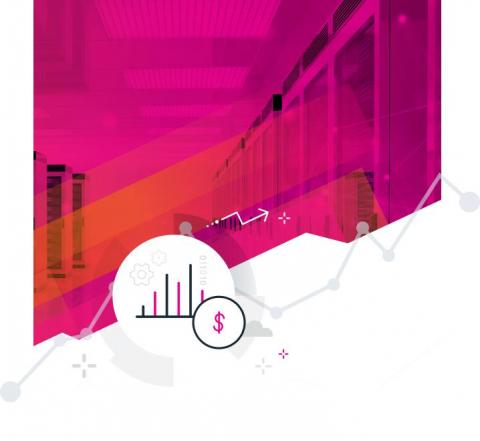Phishers Using Fake Sharepoint Messages to Target Office 365 Details
Phishers leveraged fake automated messages from collaborative platform Sharepoint as a means to target users’ Office 365 credentials. Abnormal Security found that the phishing campaign began with an attack email that appeared to be an automated message from Sharepoint. To add legitimacy to this ruse, the attackers used spoofing techniques to disguise the sender as Sharepoint. They also didn’t address the email to a single employee but included multiple mentions of the targeted company.







